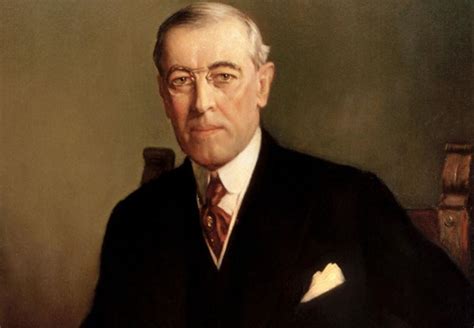Introduction
Woodrow Wilson, the 28th President of the United States, is renowned for his progressive domestic and ambitious foreign policies. His administration ushered in significant reforms, shaping the nation’s political, social, and economic landscape.

Progressive Reforms
Wilson’s presidency witnessed a surge in progressive reforms aimed at addressing social and economic inequalities. Among his key achievements were:
- Clayton Antitrust Act (1914): Strengthened antitrust laws to curb the power of large corporations and promote competition.
- Federal Farm Loan Act (1916): Established a federal system to provide low-interest loans to farmers, boosting agricultural productivity.
- Federal Reserve Act (1913): Created the Federal Reserve System, centralizing monetary policy and stabilizing the financial system.
- Progressive Income Tax (1913): Introduced a progressive income tax system, requiring wealthier individuals to pay a higher percentage of their income in taxes.
Foreign Policy: Idealism and Pragmatism
Wilson’s foreign policy was guided by a mix of idealism and pragmatism. He pursued international cooperation and the promotion of democracy, while also recognizing the need for American intervention in global affairs.
- Fourteen Points (1918): Wilson’s plan for a post-World War I peace settlement, emphasizing self-determination, open diplomacy, and the creation of a League of Nations.
- League of Nations: Founded after World War I under Wilson’s leadership, aiming to resolve international disputes peacefully and prevent future global conflicts.
- Panama Canal (1914): Completed under Wilson’s presidency, providing a vital connection between the Atlantic and Pacific Oceans.
- United States’ Entry into World War I (1917): Wilson initially declared neutrality but later intervened in the conflict to protect American interests and uphold democratic principles.
Legacy and Controversies
Wilson’s presidency left a mixed legacy. His progressive reforms strengthened the federal government and expanded social welfare programs. His foreign policy, while ambitious, faced challenges in the face of isolationism and international skepticism.
- Progressive Era Reforms: Wilson’s progressive policies contributed to economic growth, labor rights, and social justice.
- World War I and the League of Nations: Wilson’s idealistic approach to international affairs was hampered by Congress’s refusal to ratify the Treaty of Versailles, which included the League of Nations covenant.
- Racial Inequality: Despite his progressive stance on many issues, Wilson’s administration enforced racial segregation in federal agencies.
- Expansionist Foreign Policy: Wilson’s interventions in Latin America and the Caribbean were criticized for extending American influence and undermining local sovereignty.
Conclusion
Woodrow Wilson’s presidency was a transformative period in American history. His progressive domestic reforms laid the foundation for a more just and equitable society, while his ambitious foreign policy shaped global affairs. Despite its successes and failures, Wilson’s legacy remains a complex and significant chapter in the nation’s story.
